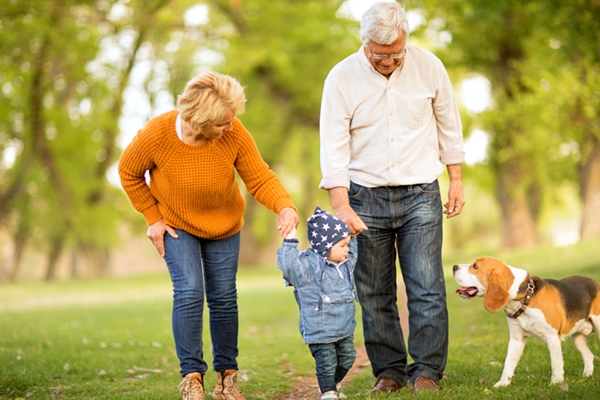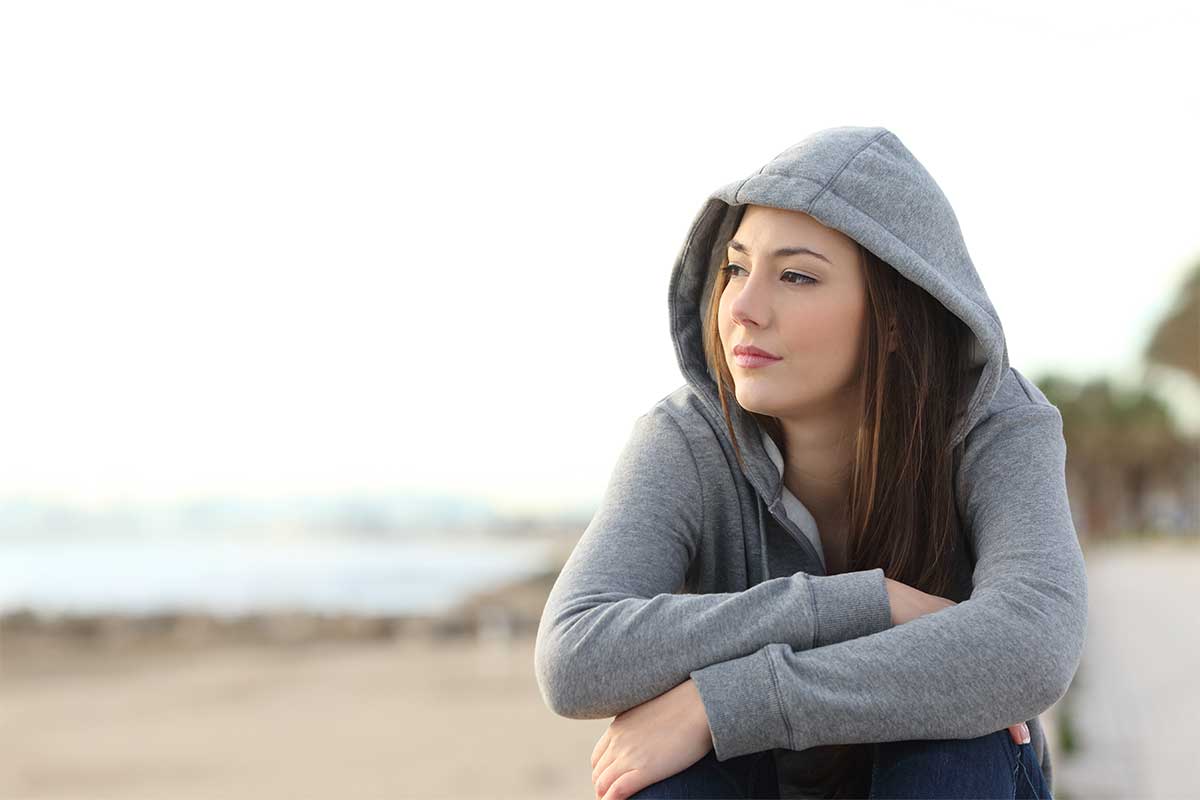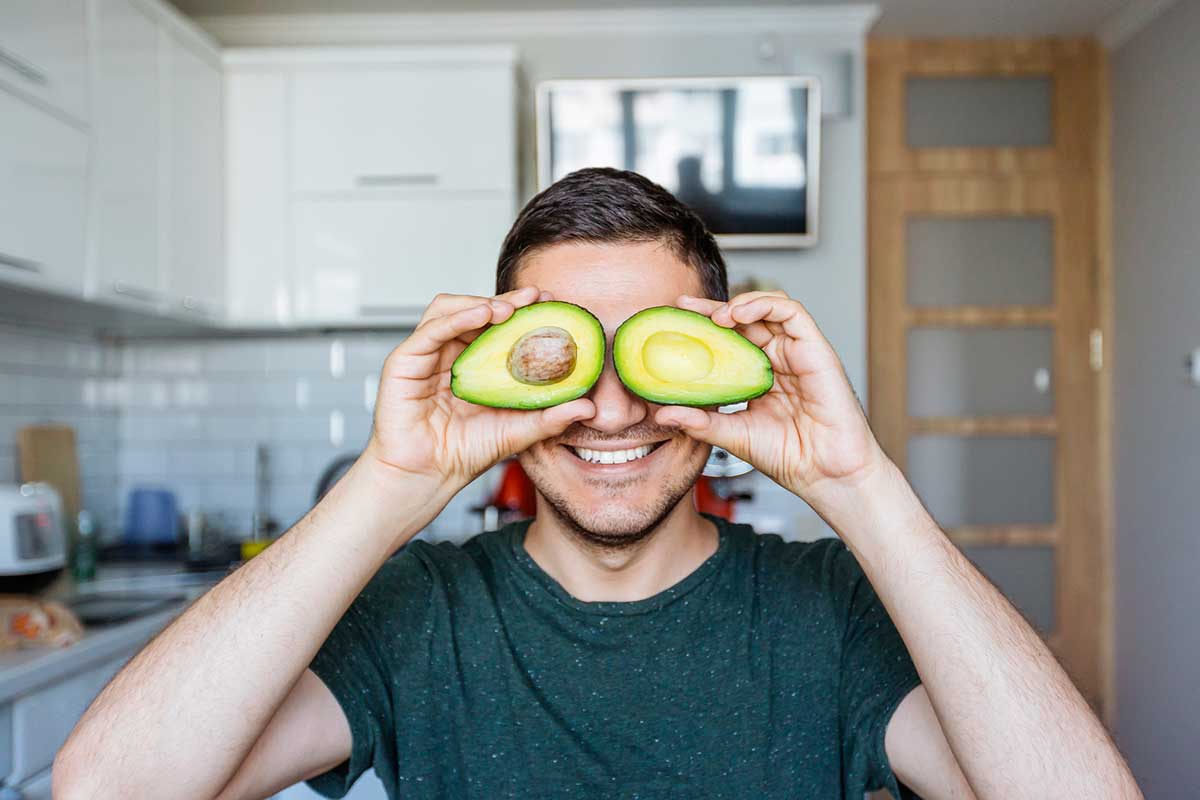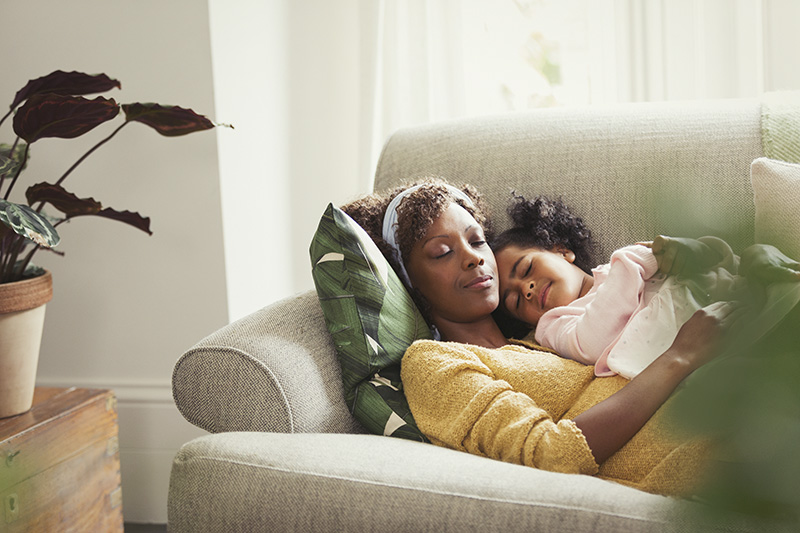Fall prevention: Tips to avoid a trip
Dec 30, 2019

When we were kids, taking a tumble or tripping over our feet was no big deal. “The fact is that, when we were younger, when we started to fall, we were able to stabilize ourselves to prevent the fall,” explains Tami Radford, a family nurse practitioner at Adventist Health’s Gresham Station medical office. “As we age, this ability to rebalance and ‘catch’ ourselves is diminished.”
In fact, more than 1 in 4 older adults in the U.S. experience a fall every year. And one out of five of those falls causes a serious injury, such as a hip fracture or head injury.
Those numbers may be daunting. But there’s a lot you can do to avoid a fall as you age. Take these steps to stay on your feet.
Know your risk for falling
You can’t avoid all of the risk factors that contribute to falls—aging is one example. Older people are at higher risk for falling than younger people.
But there are many risk factors you can change or modify. These include:
- Weak lower body muscles.
- Not getting enough Vitamin D.
- Difficulty walking and balancing.
- Use of medicines like tranquilizers, sedatives or antidepressants.
- Poor vision.
- Foot pain or shoddy footwear.
- Home hazards. These include broken or uneven steps and throw rugs or clutter that you can trip over.
The more risk factors a person has, the greater their likelihood of falling. Talk to your doctor to learn how you can make the right changes.
Learn strength and balance exercises
Aim to do exercises that increase muscle strength and improve your balance. You can do these in a class or at home.
Balance training will also help you lower your risk for falling. You can do balance training throughout your day. For example, stand on one foot for several seconds while you’re brushing your teeth. Then switch to the other foot. Hold onto the wall for support when you first start practicing.
Here’s another exercise you can do at home: Walk in a straight line, one foot in front of the other. Lift your back leg as you walk and pause for one second before stepping forward. Hold your arms out to your sides for balance.
Yoga and tai chi also are good exercises for learning balance and getting stronger. Check with your YMCA or YWCA to see if they offer classes.
You might also want to talk to your doctor about physical therapy to improve strength and balance.
Make your home a fall-free zone
Making some small changes at home can make a big difference. Use this checklist to find and fix hazards in your home:
- Keep objects off the stairs and off the floor.
- Fix loose or uneven steps.
- Make sure you have light switches at the top and bottom of the stairs and at the ends of hallways.
- Have—and use—handrails on both sides of stairways.
- Remove throw rugs, or use double-sided tape or non-slip backing so the rugs won’t slip.
- Keep walkways clear, rearranging furniture if needed.
- Coil or tape electrical cords and wires next to the wall. Or have an electrician install additional outlets.
- If you must use a step stool, get one with a bar you can hold onto. Never use a chair as a step stool.
- Place a lamp close to the bed where it’s easy to reach in the dark.
- Use nightlights to illuminate hallways and the bathroom at night.
- Install grab bars next to and inside the tub, and next to the toilet.
Additional steps you can take
Review your medicines with your doctor. If you feel dizzy or light-headed, it could be one of your medications.
Have your eyes and hearing tested often. Your bifocals and trifocals may not be helpful when you’re walking. Ask your eye doctor about lenses made especially for walking around. If you have a hearing aid, be sure it fits well.
Get enough sleep. If you’re tired, you’re more likely to fall.
Avoid alcohol. Even a small amount can affect balance and reflexes.
Stand up slowly after sitting or lying down. Getting up too fast can cause a drop in blood pressure and make you feel faint.
Wear rubber-soled, low-heeled shoes that fully support your feet. Wearing only socks or shoes with smooth soles can prove unsafe on tile or wood floors.
Use a cane when walking on uneven ground. “Yes, I know many of you think that a cane makes you look old,” says Tami. “Just remember: ‘A haughty spirit goeth before a FALL.’”
Engaging in fall prevention can help you avoid a dangerous injury in your later years. But there are other things you can do to continue aging well. Check our more of our healthy aging tips, or take our balance self-test.
And if you should take a tumble, come see Tami and or another of our Adventist Health Portland providers at our primary and urgent care clinics.
Related articles

The Gut-Brain Connection: How Your Mental Health Affects Your Gut Health
February 6, 2024

Gut-Healthy Foods: Eating for Your Digestive Health
February 6, 2024

How Looking After Yourself Benefits Your Whole Family
February 5, 2024